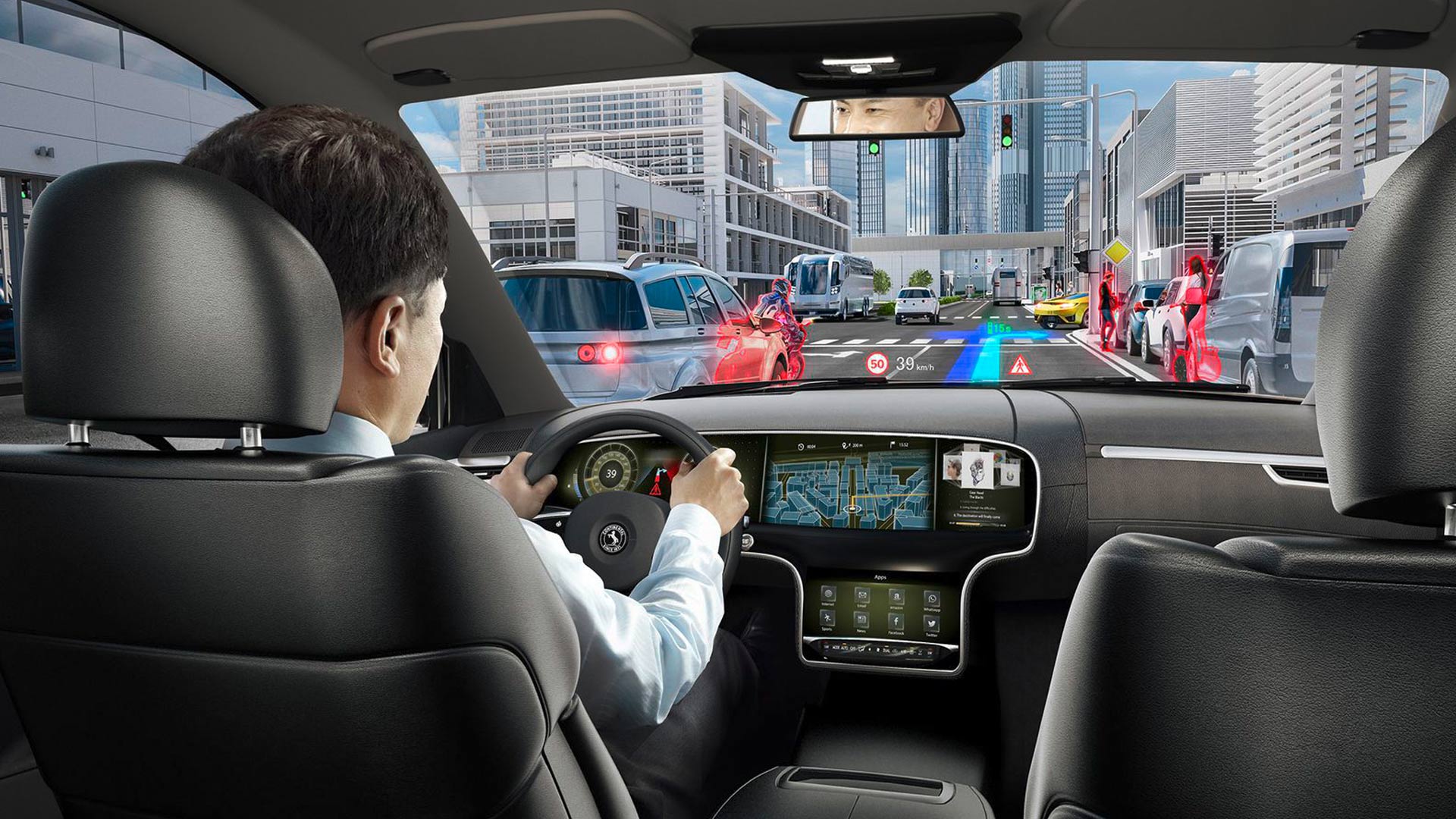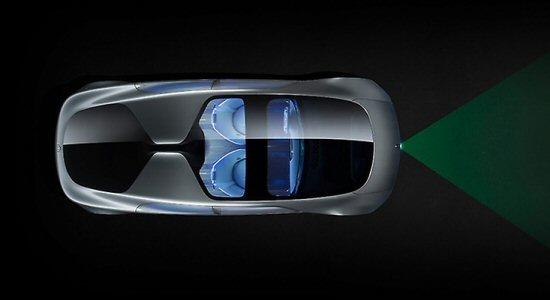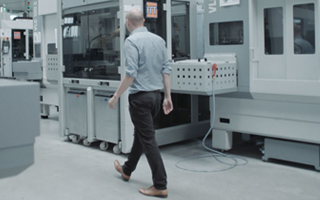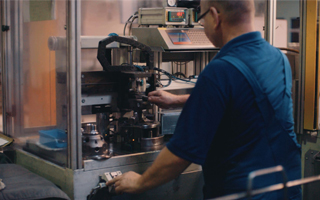Embracing Driverless Cars... Are We Ready?
23rd April 2019
Cars are changing, in case you hadn’t noticed.
The rise in self-autonomous technology has been far quicker than anyone anticipated and owes much to manufacturers and governments alike pumping billions into what will become a brave new world.
But while the likes of park assist, adaptive cruise control and lane keeping alerts are welcome, the wold waits with bated breath for driverless cars to decorate forecourts.
Anticipating the inevitable however is one thing, embracing it is quite another. Recent research suggests the population is not yet ready to relinquish control when it comes to powering vehicles.
Indeed several studies have revealed the appetite for cars that effectively drive themselves remains surprisingly low, indifference owing much to safety concerns.
Auto Trader are the latest to publish findings that pour cold water on the immediate hopes of those picturing highways filled with Kit’s minus the Knight Rider.
Auto Trader
At a headline level their 2019 Market Report indicates consumers are more receptive to driverless cars than before but still dramatically coy. The numbers themselves are emphatic, leaving little room for doubt…
8 in 10 people would be wary of using a car without a human driver. Specifically, 84% would shun cars without someone behind the wheel, 83% would avoid taxis and 82% would find alternatives to their usual bus route.
Almost half of those surveyed (48%) stated they ‘absolutely wouldn’t use’ vehicles that were self-driving if they were unable to assume control.

Self-Autonomous Tech
For all the scepticism, Auto Trader did provide some hope for those championing the cause and ploughing huge sums into it, this courtesy of statistics surrounding semi-autonomous features. Simply put, drivers have warmed to them – significantly so.
In March 2017 half of motorists (49%), declared they had no interest in autonomous technology, with 17% doubting it would even come to fruition in their lifetime. This was short-sighted in the extreme.
Fast forward two years and 31% now pin-point at least one semi-autonomous feature in their car, with 78% using said feature regularly.
Confirmation driverless tech has won approval though, comes with news that 51% of buyers say they are more likely to buy from the same brand because of their self-autonomous experience with them.
Moreover 80% are willing to part with more cash to retain those new mod cons.
If nothing else, this proves doubters can be won round.
Close Brother Motor Finance
Auto Trader is not the only organisation conducting research into driverless tech, such is the desire to gauge public opinion and eventually soften attitudes.
Close Brothers Motor Finance, a Southampton based firm with 30 years’ experience within the industry, have themselves donned analytical hats. Though their conclusions generally endorse those of Auto Trader, they hint change is upcoming.
The volume of drivers who like the idea of self-driving cars – they purport – has tripled in the last year, now up to three in ten (31%). Of greater significance however is the granularity of their figures and the all-important demographics.
Tellingly, just 2% of motorists aged 55 or over would consider a driverless car as their next purchase, but as many as 14% of those aged below 25 would.
These findings suggest millennials - who have grown-up in the midst of a technological revolution - have greater faith in the machine. Expect that percentage to increase year-on-year.
This annual Britain Under The Bonnet Report also drilled down into pure geography, revealing which regions invite self-autonomy and which view it with suspicion.
London is apparently the most receptive, with 38% of the capital’s drivers hoping their next car will drive itself. By contrast Wales remains the most conservative; just 24% of its motorists entertain the idea. Both findings make for interesting reading given Britain is best placed to benefit from autonomous vehicles, something we've written about recently.
Director of Sales Sean Kemple says growing interest is irrefutable, but the reality is just 6% of drivers would actually consider buying a driverless car at this very moment.

University of Michigan
Britain clearly remains lukewarm to the idea of self-driving cars but what about our American cousins? Across the pond the University of Michigan has shared the results of their own investigation, one headed-up by Michael Sivak and Brandon Schoettle.
Again, their conclusions point to a seeming distrust of tech on this scale. The two research analysts found that only 15% of motorists would prefer to ride in a car that drove itself.
The bigger takeaway, however, was that 2/3 of their 618 respondents claimed they were either ‘moderately or severely’ concerned about their safety, were they to ride in a driverless car.
What’s more, nearly half (46%) announced they would prefer cars that had no self-driving functions whatsoever. This last statistic is somewhat perplexing given the relative success of autonomous emergency braking, traffic sign recognition and the like.
That said, there is clearly work to do when it comes to conveying the reliability and effectiveness of such tools.
Acronyms
Returning to Auto Trader’s Market Report, it also shed light on a clear dislike of acronyms and motoring jargon generally.
It should not go unnoticed that the majority of those polled conceded they misinterpret and/or misunderstand shortened versions of longer motoring terms.
Is it any wonder when some of those features boast multiple titles? The example quoted is the aforementioned Emergency Braking System – which you may have seen referred to as one of the following:
- Forward Collision Warning
- Audi Pre-Sense Front
- Automatic Collision Preparation
- Collision Mitigation Braking
- Intelligent Brake Assist
- Advanced Pre-Collision System
- Smart Brake Support
- Eyesight
- City Safety
Who can realistically be expected to keep up? Dealers? The fact only 35% of buyers claim all acronyms were explained to them suggests otherwise. Just 1/3 of buyers meanwhile were given a demo of all mod cons.
Self-driving cars are fast approaching, apparently sooner than many of us are in fact ready for. Conveying the safety of this technology may now become a bigger priority than actually inventing it.
For until consumers trust the idea of driverless vehicles, they are unlikely to embrace their reality.







